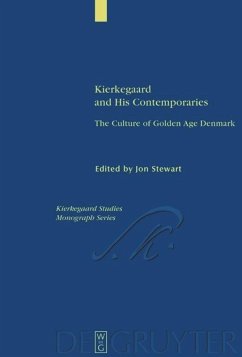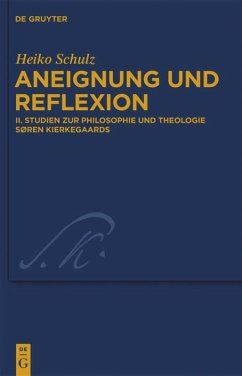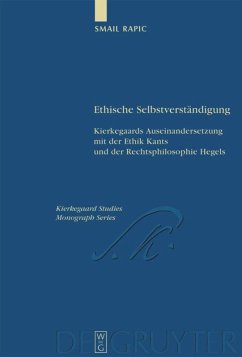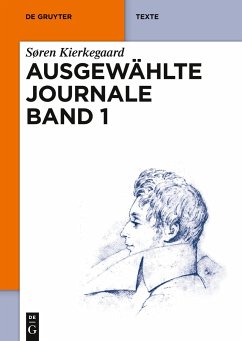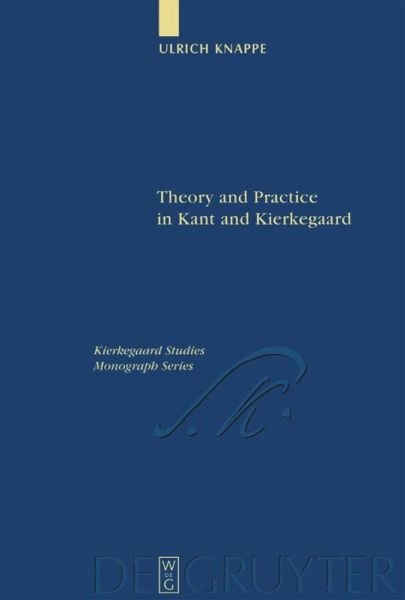
Theory and Practice in Kant and Kierkegaard

PAYBACK Punkte
39 °P sammeln!
This work investigates crucial aspects of Kant's epistemology and ethics in relation to Kierkegaard's thinking. The challenge is taken up of developing a systematic reconstruction of Kant's and Kierkegaard's position. Kant forms a matrix for the interpretation of Kierkegaard, and considerable space is devoted to the exposition of Kant at those various points at which contact with Kierkegaard's thought is to be demonstrated. The burden of the argument is that Kierkegaard in his account of the stages is much closer to Kant than the texts initially reveal. It is possible, then, to arrive at a pro...
This work investigates crucial aspects of Kant's epistemology and ethics in relation to Kierkegaard's thinking. The challenge is taken up of developing a systematic reconstruction of Kant's and Kierkegaard's position. Kant forms a matrix for the interpretation of Kierkegaard, and considerable space is devoted to the exposition of Kant at those various points at which contact with Kierkegaard's thought is to be demonstrated. The burden of the argument is that Kierkegaard in his account of the stages is much closer to Kant than the texts initially reveal. It is possible, then, to arrive at a proper grasp of Kierkegaard's final position by seeing just how radically the stage of Christian faith (Religiousness B) departs from Kant.




